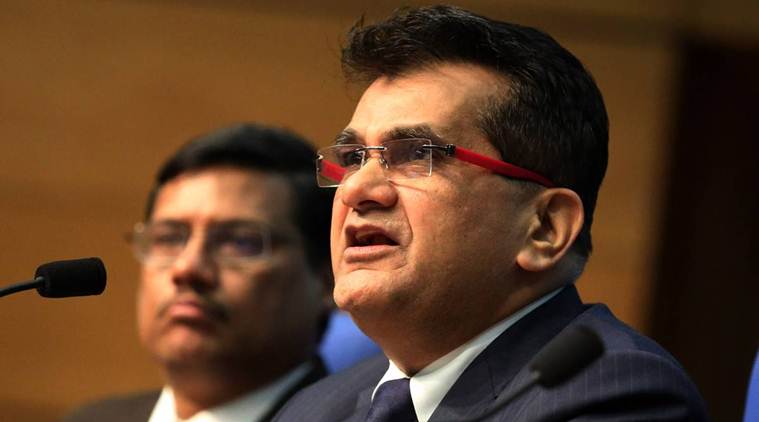
Updated: December 8, 2020 6:28:32 pm
 Amitabh Kant, CEO of NITI Aayog. (Archive)
Amitabh Kant, CEO of NITI Aayog. (Archive)
Niti Aayog Chief Executive Amitabh Kant said Tuesday that tough reforms are difficult to carry out in India because there is “too much democracy,” stressing that more reforms are needed to make the country competitive.
Addressing a virtual event organized by Swarajya magazine, Kant said for the first time that the Center has carried out tough reforms in all sectors, including mining, coal, labor, agriculture and the next wave of reforms must be driven by states.
“Hard reforms are very difficult in the Indian context, we have too much democracy … Political will was needed to carry out these reforms (mining, coal, labor, agriculture) and there are still many reforms to be done,” he said. It is not easy to compete against China without tough reforms, Kant said. “This government has shown the political will to carry out tough reforms,” he added.
The CEO of Niti Aayog emphasized that the next wave of reforms must come from the states. “If 10 to 12 states will grow at higher rates, then there is no reason why India will not grow at higher rates. We have asked the union territories to privatize the discom. Discs need to become much more competitive and provide cheap power, ”he said.
In response to a question about protests by farmers, mainly from Punjab and Haryana, against the Center’s new farm laws, Kant said the agricultural sector needs reform.
“It is very important to understand that the MSP (minimum support price) will be there, the mandis will remain … farmers should have the option to sell their products since they benefit from this,” he said.
On sourcing raw materials for manufacturing electric batteries in India, Kant noted that lithium (which is used to make batteries) is available in large quantities around the world, including Australia.
“We do not anticipate any lithium shortages,” he said. On the Modi government’s “Aatmanirbhar Bharat” initiative, he said that it is not about looking inward, but about unlocking the potential of Indian companies.
The government has identified 10 champion sectors for the Production Linked Incentives (PLI) scheme and these sectors will play an important role in making India a manufacturing hub and bringing economies of scale to the country, Kant said.
“The PLI scheme will provide a great opportunity for these sectors to export for 4-5 years,” he added. Noting that India must make a technological leap, Kant said it is important for the country to enter the dawn industries.
Kant also pointed out that it is necessary to reduce logistics costs. The country must also embark on well-planned and sustained urbanization, which is the next great growth engine, he said.
Kant noted that government support so far covered 90 percent of product lines and 86 percent of exporters, yet India’s exports were not growing. “We need to create an ecosystem that allows private companies to thrive on the global platform,” he said.
.
 The Indian Express is now on Telegram. Click here to join our channel (@indianexpress) and stay updated with the latest headlines
The Indian Express is now on Telegram. Click here to join our channel (@indianexpress) and stay updated with the latest headlines